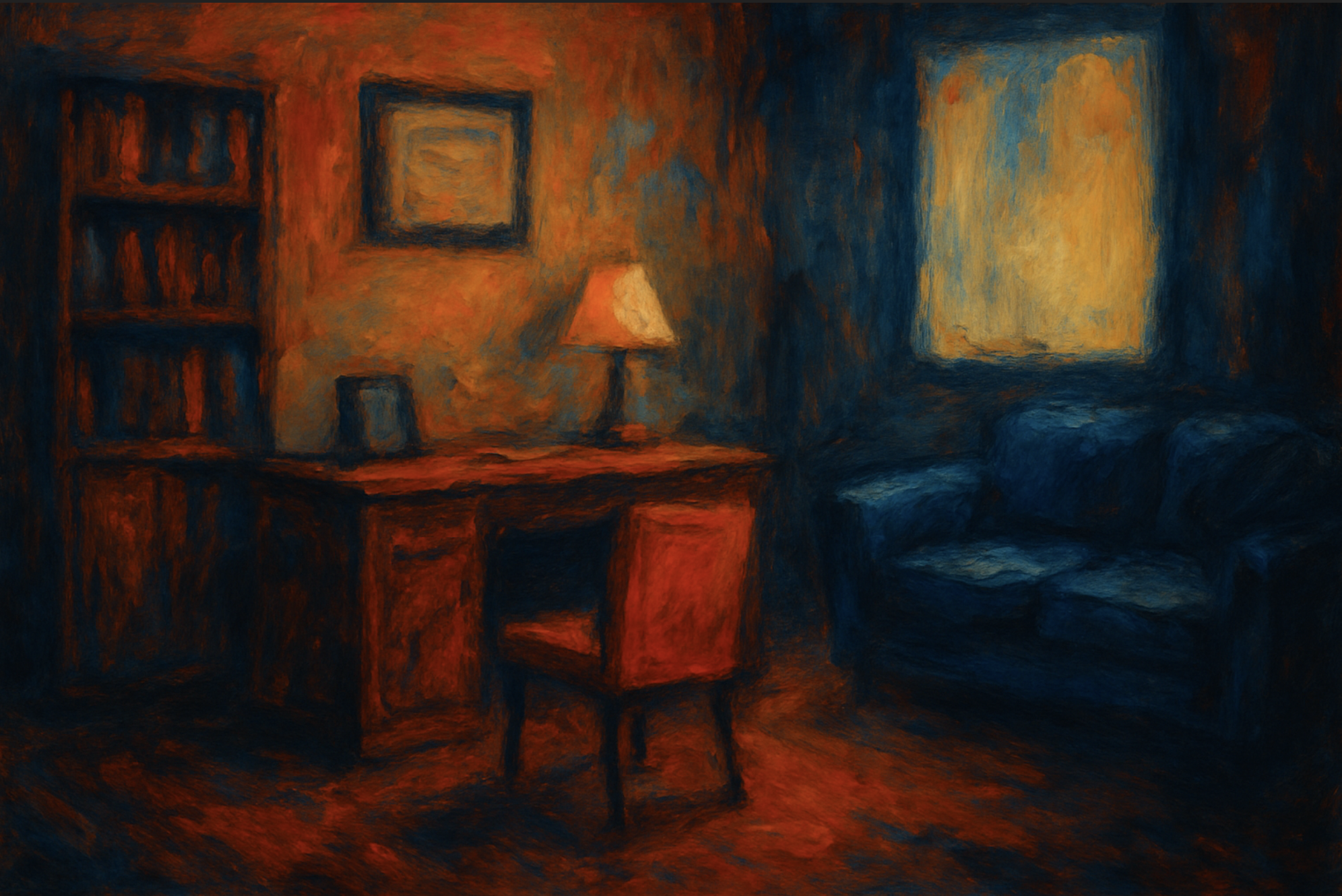Introduction to the Dead Mother Complex
The concept of the “Dead Mother Complex” was first introduced by French psychoanalyst André Green in 1980. This term refers to a psychological condition where a mother, although physically present, becomes emotionally detached from her child. Such detachment could be due to various reasons, including grief, depression, or self-absorption, leading to an inability to offer the love, care, and emotional nourishment essential for the child’s development.
A “Dead Mother” in this context is not merely a disengaged parent but rather a figure who, despite being alive, is perceived by the child as emotionally dead. This profound emotional void profoundly impacts the child’s psychological development, causing them to feel trapped and disconnected from a genuine existence. Instead of forming a healthy attachment, the child becomes enmeshed in the inner world of the “dead mother,” a world devoid of vitality and connection.
The Psychological Impact of a Dead Mother
Emotional Detachment and its Consequences
Children of emotionally absent mothers often face significant psychological challenges. Green posits that the child, unable to engage with the mother’s vitality, experiences a form of infantile depression or sustains deep narcissistic injuries. The mother’s emotional unavailability renders her a lifeless object in the child’s psyche, leading to a suspended state of mourning where both the mother and child are unable to move toward healing.
This ongoing mourning profoundly affects the child’s ability to experience love. Their sense of being loved becomes compromised, as they remain bound to the emotional emptiness of the “dead mother.” This attachment to an emotionally absent mother prevents the child from developing healthy relationships and may lead to long-term emotional struggles.
Long-Term Effects in Adulthood
Adults who carry the “Dead Mother Complex” into therapy often do so not due to depression but because of intense emotional conflicts with significant others. These individuals may struggle with detachment from contentious situations, finding it difficult to love, utilize their talents, or maintain meaningful relationships. The complex significantly hampers their ability to engage in altruism, further complicating their social and emotional well-being.
The Influence of Art on Understanding the Dead Mother Complex
René Magritte’s Representation of the Dead Mother Complex
The surrealist painting “The Spirit of Geometry” by René Magritte serves as a profound artistic representation of the “Dead Mother Complex.” Magritte, the eldest of three boys in a middle-class Belgian family, had a mother who struggled with depression and made several suicide attempts during his youth. To protect her, she was confined to her room each night, with young René locked in with her for companionship. Despite these efforts, his mother tragically escaped one morning and drowned in the Sambre River.
Magritte’s artwork is a poignant depiction of the adult child of a “dead mother.” It reflects the emotional turmoil and complex inner world that results from a mother’s emotional absence. Through his art, Magritte provides a visual narrative of the psychological impact of growing up with a “dead mother,” highlighting the long-lasting effects on emotional and psychological well-being.
Conclusion
Understanding the “Dead Mother Complex” is crucial for recognizing the profound psychological impact of an emotionally absent mother. This condition can significantly impair a child’s development, leading to long-term emotional struggles that persist into adulthood. By acknowledging the existence of this complex, individuals can begin to address the emotional wounds that have shaped their lives.
The importance of addressing the “Dead Mother Complex” cannot be overstated. If you or someone you know may be experiencing the effects of this complex, seeking professional help is essential. Therapy can provide a pathway toward healing, helping individuals detach from the emotional void of the “dead mother” and fostering the development of healthier relationships and a more fulfilling life.
If you would like to learn more about the “Dead Mother Complex” or need assistance in dealing with its effects, we offer free consultations and a range of services to support you in your journey toward healing.

